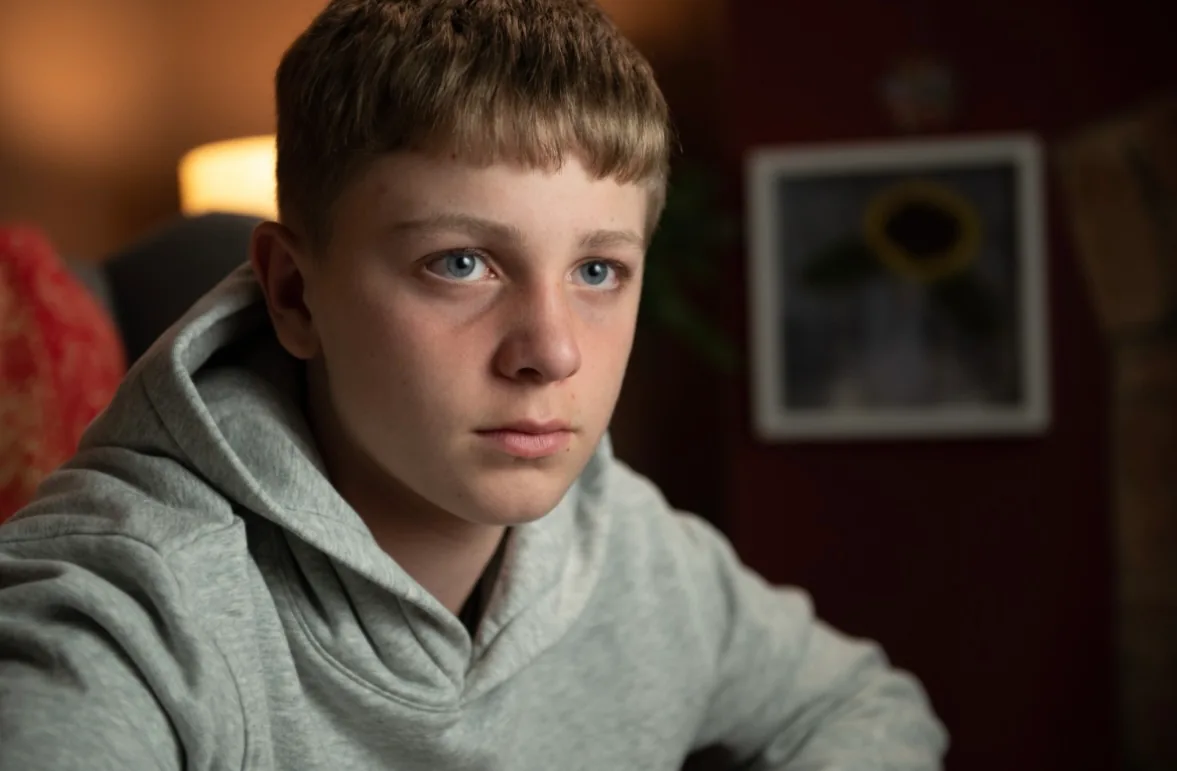
Why People Working in Education Make Great Foster Carers
If you work in education as a teacher, teaching assistant, or in a non-teaching role, you already bring so much experience which could make a huge difference in the life of a child in care. And you are already committed to making a difference in children’s lives!
Being around children every day will have given you insights into their needs and you’ll have the important qualities of patience, playfulness and acceptance. Your safeguarding training will have highlighted the difficult start in life that the children we care for have had.
All of this makes you perfectly placed to give children the love, stability, and encouragement they need to thrive.
Understanding children beyond the classroom
Working with children every day, you will have seen how each one learns and grows in their own way. It’s not just about working through a curriculum; it’s about finding children’s interests and strengths, showing them patience, building their confidence, and celebrating small wins. For children who have faced trauma and disruption in their young lives, having someone who understands how they develop, who nurtures their talents, can be life changing.
You will be skilled at building relationships with pupils. It’s these connections that children make with trusted adults that help children to relax. Education staff who foster are used to forging these connections, providing a stable space where children feel able to share their feelings and worries.
The gift of listening and connecting
Many young people who have faced trauma and care involvement don’t yet have the skills to regulate their emotions and their resulting behaviour can be their way of communicating their needs. Your experience means you’re already practiced at calming tense moments and helping children feel heard and valued. This kind of connection builds trust and safety, the foundation every child needs to make sense of what they are feeling, helping them heal and learn to self-regulate.
Bringing structure and safety
Children benefit so much from routine, boundaries and structure. It helps them feel secure when other parts of their life might feel uncertain. Sadly, many of our children have not had healthy routines – even with things we take for granted every day, such as brushing your teeth twice a day, eating healthy meals and going to bed at a reasonable time. In your role in education, you will have helped children understand the need for boundaries, setting expectations and praising children when they have met or exceeded your expectations. These are exactly the things children need from a foster family. Your ability to offer stability, and to model positive routines, can make all the difference.
Awareness of safeguarding
One of the most important parts of caring for children is keeping them safe. If you’ve worked in education, you will already undertake regular safeguarding training and will know the signs that a child might be at risk and how to respond. This background gives you a head start in fostering because you already have the knowledge to protect and advocate for a child’s wellbeing. The training you will receive as a Foster Carer takes you to the next step – teaching you strategies to help build secure attachments, rebuilding children’s trust in adults through consistent routines and boundaries. Training will give you a better understanding of the long-term impact of trauma on children’s development and will give you the tools to help children heal.
Advocating for children
Due to trauma or neglect, the children we care for have often missed a significant amount of school, putting them behind their peers in terms of both academic and social development. As a Foster Carer, you will be a key member of the network around that child, and your voice will be vital in helping a child access the right support and opportunities. Your professional experience of the education system means you understand how to identify any additional support they may need. Your understanding of the school system also means you can advocate for their education needs, and can navigate these conversations with care and commitment.
Why education professionals like you are needed
Across West Sussex, there is a growing demand for Foster Carers from all walks of life. Having more individuals with education experience become Foster Carers brings added value to the children we care for.
If you’ve ever worked in education (or still do!) and wondered if fostering could be for you, the answer is simple – your skills are already making a difference, and they can continue to do so as a Foster Carer!
If you’re currently working in an education setting and have school holidays off, you could become an emergency Foster Carer – all we ask is for a minimum commitment of 4 weeks a year. Or, if you can offer one weekend a month, you might consider providing stayovers for children – giving them more trusted adults in their lives. If you love working with older teens, could you consider becoming a Supported Lodgings Host, having a young person live with you full-time while you help prepare them for living independently?
You could be making an incredible difference for a child in West Sussex all while receiving dedicated support, access to a wealth of training and competitive pay.
We’re actively looking for Foster Carers who can support all the different types of fostering we provide. If you would like to find out more, we’d love to hear from you. Get in touch with us today.




